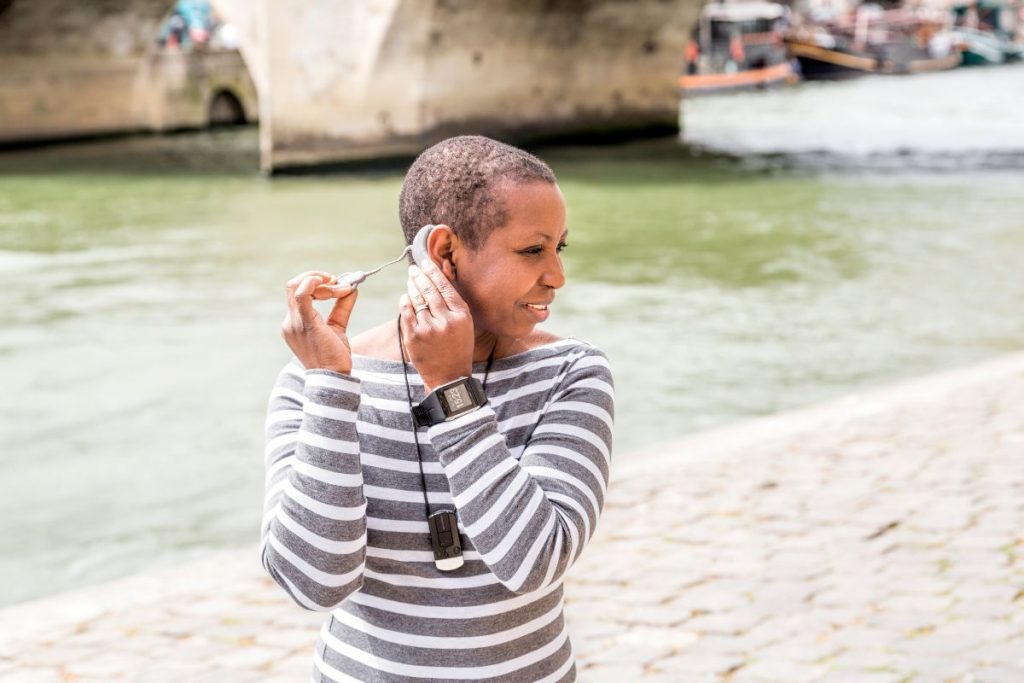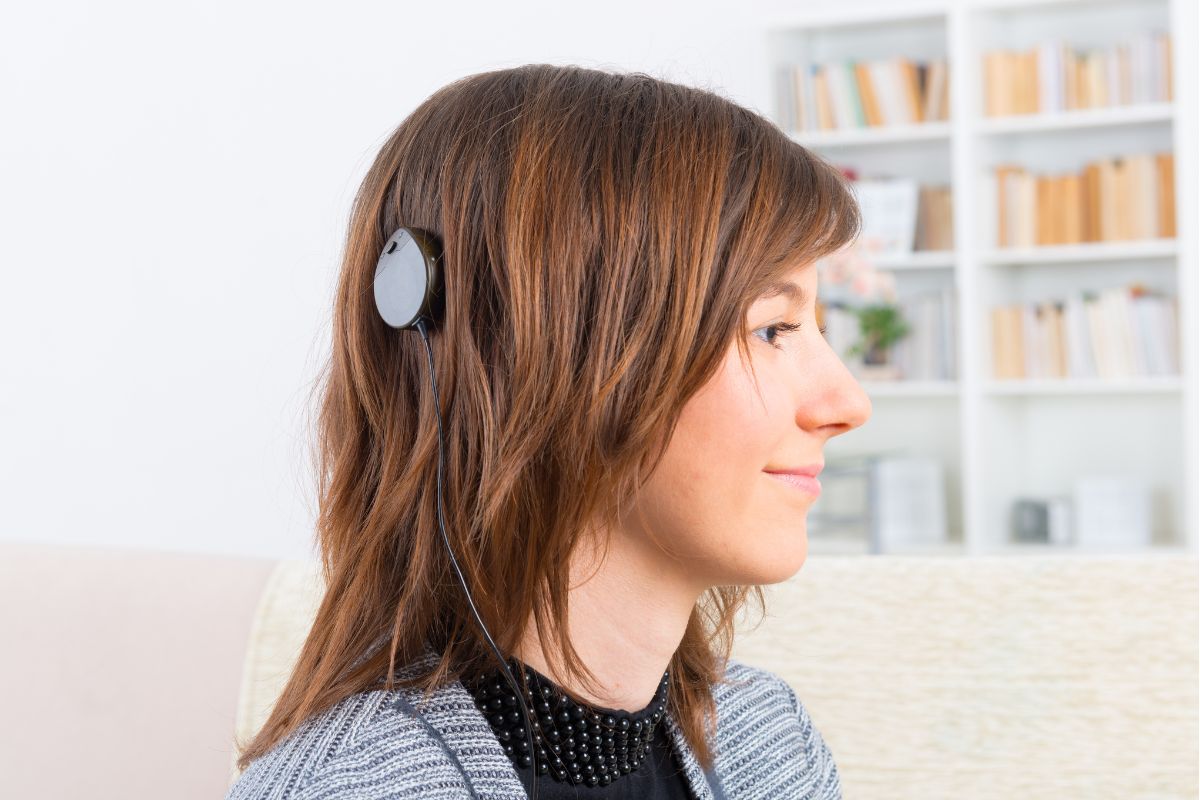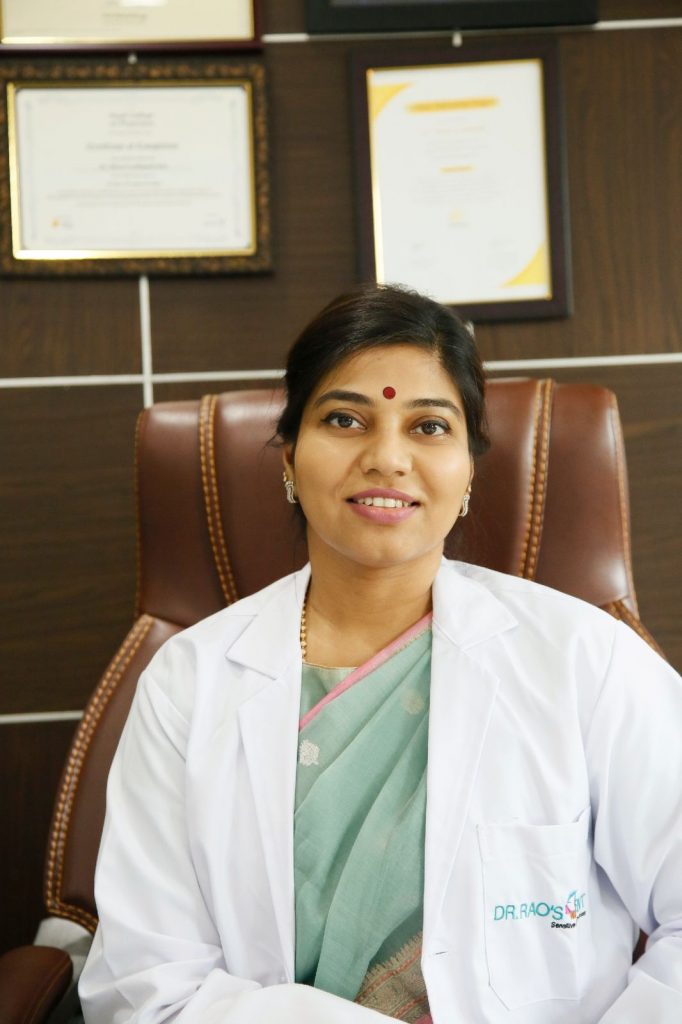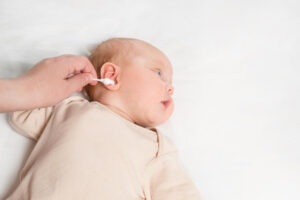Introduction - Common Misconceptions about Cochlear Implants
In this article, Dr Shree Rao talks about the common misconceptions about cochlear implants. She is the Best Doctor for Cochlear Implants.
When it comes to cochlear implants, there are several misconceptions that can create confusion and uncertainty. As a leading expert in the field, Dr. Shree Rao, an experienced EarSurgeon, is here to shed light on these misconceptions and provide accurate information. In this article, we will address common misunderstandings, such as the notion that cochlear implants restore normal hearing or that they are solely for children. We will also clarify misconceptions regarding pain and risk associated with the surgery, as well as the misconception that cochlear implants hinder natural hearing. Join us as we dispel these myths and gain a deeper understanding of the life-changing benefits that cochlear implants can offer.
Cochlear implants restore normal hearing
Cochlear implants are remarkable devices that have transformed the lives of many individuals with severe to profound hearing loss. However, it’s important to dispel the misconception that cochlear implants can fully restore normal hearing. While they can provide substantial improvements in hearing and speech perception, they do not replicate the complex functioning of a healthy ear.
To understand this, let’s consider a comparison. Imagine a person with normal hearing listening to a symphony orchestra, with all its intricate layers of sound. They can perceive the nuances of each instrument, the melody, and the harmony. In contrast, a person with a cochlear implant will experience sound differently. They may hear speech more clearly and be able to understand conversations, but they might struggle with certain aspects of music, such as differentiating between instruments or appreciating the full richness of the composition.
Cochlear implants work by bypassing damaged hair cells in the cochlea and directly stimulating the auditory nerve. This electrical stimulation is then interpreted by the brain as sound. While this technology has been remarkably successful in helping individuals with hearing loss regain access to sound and improve their communication abilities, it’s essential to have realistic expectations about the limitations of cochlear implants.

It’s important to note that the outcomes of cochlear implants can vary depending on several factors, including the individual’s age, duration of deafness, and auditory rehabilitation. Many recipients of cochlear implants experience substantial benefits and are able to lead fulfilling lives, but it’s crucial to understand that they still rely on the device to hear and may have some limitations in certain listening situations.
Cochlear implants are only for children
It is a common misconception that cochlear implants are only suitable for children. While it is true that cochlear implants have been widely used in pediatric cases, they are also a viable and effective option for adults with severe to profound hearing loss.
Research and advancements in cochlear implant technology have demonstrated that adults can achieve substantial improvements in hearing and speech perception with the help of these devices. While the outcomes may differ from those of children, adults who receive cochlear implants often experience significant benefits and improvements in their quality of life.
One of the reasons why early intervention in children is emphasized is because the brain is more adaptable during the critical period of language development. However, this does not mean that adults cannot benefit from cochlear implants. Adults who have experienced a gradual or sudden loss of hearing can still gain substantial benefits from the technology.
Cochlear implants work by directly stimulating the auditory nerve, bypassing the damaged hair cells in the inner ear. This allows individuals to perceive sound signals and regain access to speech and environmental sounds. The success of cochlear implants in adults depends on various factors, including the duration of hearing loss, the individual’s motivation, auditory training, and rehabilitation.
It is essential for adults with severe to profound hearing loss to consult with an experienced cochlear implant specialist, such as EarSurgeon, Dr. Shree Rao, to determine if they are suitable candidates for the procedure. With proper evaluation, counseling, and support, adults can benefit significantly from cochlear implants and regain a significant level of auditory function, improving their ability to communicate and engage in various activities.
Cochlear implants are a cure for deafness

It is important to clarify that cochlear implants are not a cure for deafness. While they can significantly improve the ability to perceive sound and understand speech, they do not restore natural or “normal” hearing.
Cochlear implants are designed to bypass the damaged or non-functioning parts of the inner ear (cochlea) and directly stimulate the auditory nerve. By doing so, they provide individuals with severe to profound hearing loss the opportunity to perceive sound signals and develop a sense of auditory awareness. This enables them to understand and communicate with others more effectively.
However, it is essential to note that cochlear implants do not replicate the intricate workings of the human ear or fully restore the intricate mechanisms of natural hearing. They are a technological solution that serves as a valuable tool for individuals with significant hearing loss.
Cochlear implants work by converting sound into electrical signals that are delivered directly to the auditory nerve. These signals are then sent to the brain, where they are interpreted as sound. While cochlear implants can greatly enhance a person’s ability to hear and understand speech, they do not provide the same level of detail, clarity, and dynamic range as natural hearing.
It is also worth mentioning that the success of cochlear implants varies depending on individual factors such as the duration and cause of hearing loss, the age at which the implant is received, and the individual’s motivation and participation in auditory rehabilitation and therapy.
Cochlear implants are painful or risky
It is a common misconception that cochlear implant surgery is painful or risky. In reality, cochlear implant surgery is considered a safe procedure that has been performed successfully for many years. The surgery is typically performed by highly skilled and experienced surgeons who specialize in ear and hearing disorders.
Like any surgical procedure, there are potential risks involved, such as the risk of infection or bleeding. However, these risks are generally low and can be effectively managed by following proper surgical protocols and post-operative care. The surgical team takes every precaution to ensure the safety and well-being of the patient throughout the entire process.

The benefits of cochlear implants often outweigh the potential risks. Many individuals who have undergone cochlear implant surgery report significant improvements in their ability to hear and communicate. They experience enhanced speech perception, better understanding of conversations, and an overall improvement in their quality of life.
It is important to note that the decision to proceed with cochlear implant surgery is made after a thorough evaluation of the individual’s specific hearing loss and communication needs. The surgical team, led by experts like EarSurgeon, Dr. Shree Rao, will carefully assess the risks and benefits and provide personalized recommendations based on the individual’s unique circumstances.
Cochlear implants hinder natural hearing
Contrary to the misconception, cochlear implants do not hinder natural hearing in the non-implanted ear. Cochlear implants are designed to provide sound perception and understanding in the ear that is affected by severe to profound hearing loss. The non-implanted ear, which may still have some residual hearing, can continue to function naturally.
In fact, many individuals who receive cochlear implants continue to utilize their residual hearing in the non-implanted ear. This is known as bimodal hearing, where the combination of the cochlear implant in one ear and the natural hearing in the other ear allows for improved speech understanding and sound localization.
Bimodal hearing provides several advantages. It enhances the overall hearing experience by combining the benefits of the cochlear implant, such as clearer speech perception, with the natural hearing in the other ear. It can also help individuals better perceive sounds in different environments, including background noise or when hearing music.
It is important to note that the decision to use bimodal hearing and maximize natural hearing in the non-implanted ear depends on the individual’s specific hearing profile and communication needs. The cochlear implant team, led by experts like EarSurgeon, Dr. Shree Rao, will provide guidance and support to determine the most appropriate approach for each individual.
Conclusion - Debunking common misconceptions about cochlear implants

In conclusion, understanding the facts about cochlear implants is crucial in dispelling common misconceptions. By debunking these myths, we can empower individuals with accurate knowledge and encourage them to explore the potential benefits of cochlear implants. If you or a loved one are considering cochlear implants, consult with Dr. Shree Rao, a trusted expert in the field, to learn more about this transformative technology and take the first step towards a world of improved hearing and communication. Book a consultation with Dr. Shree Rao today and discover the possibilities that cochlear implants can offer.

Why consult EarSurgeon, Dr. Shree Rao?
Dr. Shree Cuddapah Rao is acclaimed as one of the best pediatric ENT specialists in Hyderabad. With 10+ years of deep domain experience in the field of ENT, she is the director at Dr. Rao’s ENT Super Specialty Hospital. She underwent specialized training in Rhinoplasty / Facial Plastic surgery at Singapore General Hospital, Singapore. She also underwent advanced training in cochlear implant surgery under Padmashri Dr. Milind V Kirtane and had a Fellowship in a cochlear implant. Having performed over 200 successful cochlear implants for patients worldwide, Dr. Shree Cuddapah Rao is also the recipient of several prestigious accolades in the domain of ENT. Dr. Shree Rao is one of the best ent doctor in hyderabad, to book an appointment click here.
Are you looking for
then you have landed at right place!







